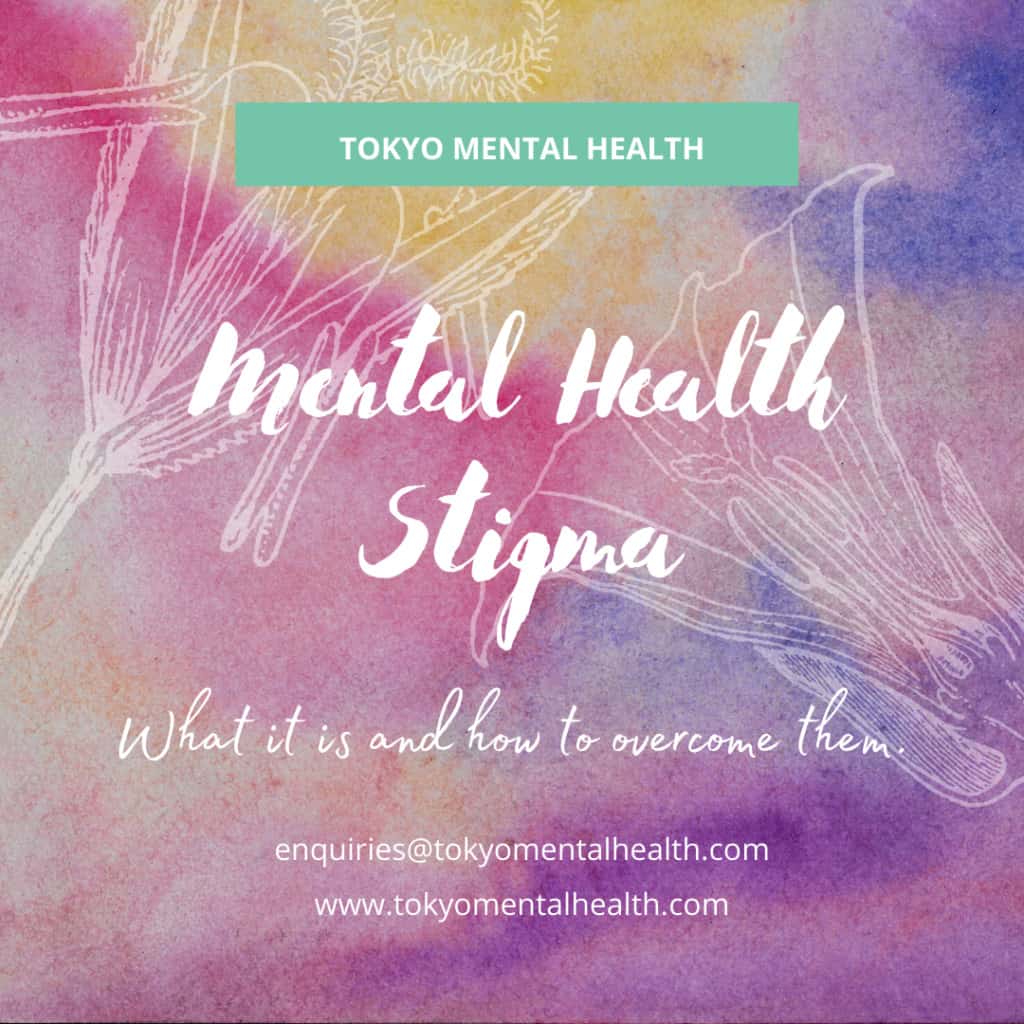Author: Bronwen Dawson, MSc

What is mental health stigma?
Stigma is defined in the Oxford dictionary as “negative feelings that people have about particular circumstances or characteristics that somebody may have”. Mental health stigma, according to this definition, is negative feelings, opinions, or judgement about mental illness and disorders – and we could agree that this is all too common and not unheard of. For example, people may generally label schizophrenia with “split personality” and “dangerousness” (stereotyping), react with a negative emotional response (e.g. fear) (prejudice), and avoid interacting with people who have schizophrenia (discrimination). These could be described as examples of public stigma.
Public stigma can be relatively easy to spot, as overt behaviours as a result of stereotyping and prejudice are prominent. However, it is also often easy to forget how we might be stigmatising our own mental health problems. Internalised public stigma, whereby individuals believe and endorse negative stereotypes, prejudices, and discrimination against their own mental health condition, is known as self-stigma. Examples of self-stigma for people with schizophrenia can include thoughts such as “I am dangerous” (stereotype), “I am afraid of myself” (prejudice) and “I must isolate myself to protect others around me” (discrimination) (Corrigan & Rao, 2012).
How is mental health stigma formed?
The stage-model of self-stigma is one way to explain how we form self-stigma. The model suggests that self-stigma develops through five successive stages (Corrigan & Rao, 2012):
- Awareness – becoming aware of public stigma. E.g. “The public believes people with mental illnesses are weak.”
- Agreement – agreeing that negative stereotypes are true to a group of people. E.g. “That’s right. People with mental illnesses are weak.”
- Apply – applying the negative stereotypes to themselves. E.g. “I am mentally ill so I must be weak.”
- Harm – leading to significant reductions in self-esteem and self-efficacy. E.g. “Because I am weak, I am not worthy or able.”
Once an individual encounters each step, the end result can be a lack of motivation and a decreased likelihood to seek help; for example, “Why try and get help? I am not worthy and not able to get better.”
The model clearly demonstrates how a seemingly small effect of public stigma could snow-ball into a negative outcome when the individual feels that they are dealing with their mental health problem on their own. It is therefore important to take note and be aware of when we might be engaging in self-stigma so that we can get the help we need, and so that positive treatment outcomes can be optimised.
What can I do to battle mental health stigma?
1. Increase Empowerment
Empowerment has been shown to be effective in battling self-stigma. People who feel empowered have been shown to be more likely to achieve their life goals and less likely to experience the negative effects of self-stigma as they feel that they have more control over their situation and are more likely to act on correcting injustice. Studies have shown that empowerment correlates with higher self-esteem, better quality of life, and better social support.
Here are two ways you can increase your sense of empowerment:
2. Disclosure
The negative impact of self-stigma is that it can make people hide away from disclosing their struggles due to the fear of being labelled and discriminated against by others or due to a sense of the problem being their own fault. However, disclosure is a powerful tool that can be helpful in counteracting mental health stigma. Research has shown that disclosure is related to decreased stigma, increased quality of life and a higher likelihood of achieving life goals. Appropriate disclosure can free you from the shackles of worrying about someone knowing about your condition; and in turn, may surprise you in the support and warmth offered by peers and/or family members, and give you a greater sense of empowerment and control. However, it is important to note that disclosure is only empowering if it is used in an appropriate context with people you trust.
3. Psychotherapy
Although self-stigma is a result of the injustice of common views about mental health, therapy can help an individual understand why and how and they may perceive that self-stigma is a result of their own fault. Research has shown that Cognitive Behavioral Therapy (CBT) can effectively help individuals struggling with self-stigma by assisting individuals to reframe their thoughts about their own mental health problems, which can positively influence other areas of their mental health, deepen the understanding of the relationship between behaviors, thoughts, and feelings, and build resilience.
Contact Us
Given the information above, if you feel that you are struggling with any mental health issues, please do not hesitate to contact us at Tokyo Mental Health. Our licensed and experienced counselors will be happy to help. You can book an appointment with us online on our website or by emailing us at [email protected]
If you are unsure of where to start, you can book an appointment with one of our psychologists who can help provide an assessment of your mental health needs and make recommendations for treatment.
References
- https://www.bap.org.uk/articles/mental-health-stigma/
- https://www.ncbi.nlm.nih.gov/pmc/articles/PMC3610943/
- https://journals.sagepub.com/doi/pdf/10.1177/070674371205700804
About the Author

Bronwen Dawson, MSc
Bronwen completed her MSc in Abnormal and Clinical Psychology at Swansea University in the UK and is a member of the British Psychological Society. Whilst studying to obtain her master’s degree, Bronwen was on placement as an assistant psychologist in the NHS where she audited a child and adolescent mental health service and assisted cognitive behavioural therapy groups for adults with depression and anxiety.
Bronwen carries out psychological assessments for Attention Deficit Hyperactivity Disorder (ADHD), Autism Spectrum Disorder (ASD) and Specific Learning Disability (SLD) for children, adolescents, and adults.